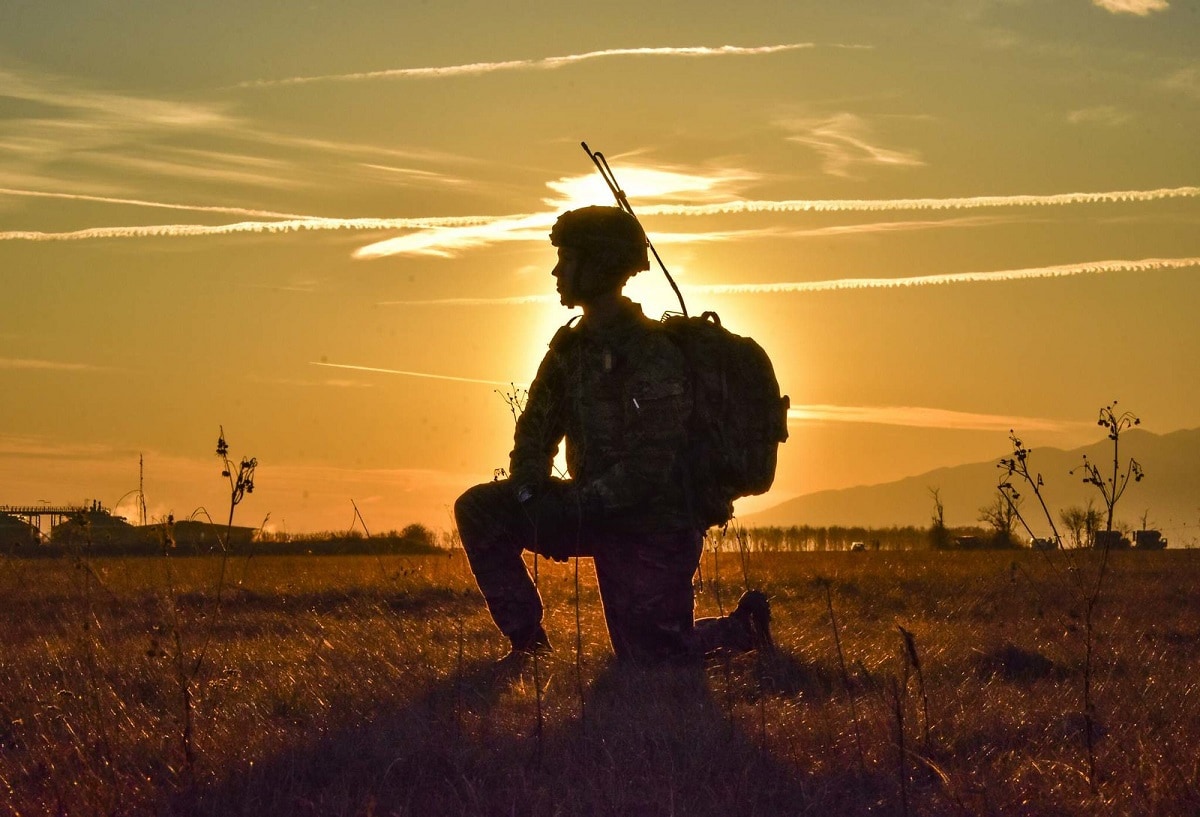The dust is still settling from the Taliban’s blitzkrieg victory, but the blame game is already well underway in the United States. Republicans paint President Biden as an incompetent leader who has betrayed America’s Afghan allies and caused the United States to be humiliated on the global stage. Democrats assert that President Trump was irresponsible for negotiating the original withdrawal agreement with the perfidious Taliban. Some ultra-hawks, such as Liz Cheney, blame both leaders about equally. News media outlets are awash with emotive stories about how Afghan girls and women will suffer hideous repression. One aspect consistently lacking in all of these accounts is a willingness to learn appropriate lessons so that we do not witness another televised Saigon 1975 or Kabul 2021 fiasco in yet another locale a decade or a generation from now. It is essential that such lessons be absorbed.
Lesson number one: Comparing the Afghanistan occupation to long-term U.S. military deployments in other, stable countries is misplaced. Some critics of the withdrawal decision assert that military commitments of indefinite duration should not pose a problem for the United States, pointing out that U.S. troops have been in Germany and Japan for more than seven decades. Therefore, the argument goes, the United States could have and should have persisted with its counterinsurgency and nation-building mission in Afghanistan. Such comparisons are absurd and dangerous.
Whatever the questionable wisdom of retaining U.S. military deployments in Germany and Japan, thereby continuing to subsidize the defense of wealthy global economic competitors, those countries at least are important geostrategic assets for the United States. They also are stable, coherent nations; there were no insurgent forces detonating truck bombs in Berlin or Tokyo, putting the lives of U.S. personnel at risk. In marked contrast, Afghanistan not only is a violent, dysfunctional collection of medieval tribes, the country has (at most) marginal strategic relevance to the United States. Washington already had sacrificed more than 2,400 American lives and poured some $2 trillion into a mission that primarily enriched U.S. defense firms and lined the pockets of thoroughly corrupt Afghan leaders. Adding to that toll would have constituted a case of national masochism.
Lesson number two: Trying to act as a midwife and facilitate the birth of modern, democratic societies when most of the cultural prerequisites are absent is arrogant folly. Failing to understand that point was the most fundamental mistake of U.S. moral crusaders in Afghanistan. To the extent that Afghanistan is a country at all, loyalties to religion, tribe and ethnic group eclipse any sense of national identity. Moreover, Western values of secularism and democracy are utterly alien, except to a thin, Westernized elite. That cohort was not remotely strong enough to fend off its adversaries, even if it had not been riven by pervasive corruption and factionalism. It is difficult to witness a society regress into an even more authoritarian, reactionary mode, and it is especially painful to see women lose what limited progress they had achieved in the past two decades. But such a reactionary environment is not unique to Afghanistan, and the outcome likely would have been the same no matter when U.S. forces departed—or if the United States had never intervened. America cannot solve all of the world’s injustices, and it is a fool’s errand even to make the attempt
The fiasco in Afghanistan should serve as a warning about U.S. policy in the Muslim world as a whole. Unfortunately, U.S. leaders are setting themselves up to make a similar blunder in other places, especially Iraq. Democracy has exceedingly shallow, fragile roots at best in that country. Religious, ethnic, cultural, and economic fissures divide Sunni Arabs, Shia Arabs, and Kurds. Corruption and factionalism are trademarks of the government that Washington installed and continues to support with funds and weapons. Opponents of the regime, including well-armed pro-Iranian militias, appear to be both stronger and better organized than the Iraqi army. The Biden administration would be wise to phase-out the U.S. mission in Iraq before there is need for a hasty airlift of Americans out of Baghdad.
Lesson number three: Rely more on regional powers for containment. Secretary of State Madeleine Albright once described the United States as “the indispensable nation.” Even before she made that point explicitly, though, U.S. leaders had been operating on the assumption implicitly for years—and they have continued to do so. If the United States does not intervene nearly everywhere to preserve order, they believe, the only possible outcome is chaos. Such an attitude is little more than national narcissism, and it has led to America’s strategic overextension in places such as Afghanistan.
However, America was not the only capable geopolitical actor willing to promote stability even during the bipolar phase of the Cold War, and it certainly is not the only one now. Even before the Taliban achieved its final victory, Russia and China were moving to strengthen their presence in Central Asia, and even such smaller powers as Tajikistan and Uzbekistan were taking steps to help contain any disorder that might now emerge from Afghanistan. Even Iran, as the leading Shia power in the region, has an interest in monitoring and containing the Sunni Taliban from exerting influence outside of Afghanistan. In an increasingly multipolar world, the United States can and should rely on neighboring powers to handle situations in nonpriority regions. Afghanistan is one of those places.
Although these are the three most important lessons, there are others as well that U.S. officials need to learn from their bruising experience in Afghanistan. However, there is little sign that the current generation of policymakers will internalize the necessary lessons of caution any more than their predecessors did after the Vietnam War. The ongoing emphasis on finger-pointing and blame assignment certainly is not an encouraging sign.
Ted Galen Carpenter, a senior fellow in defense and foreign policy studies at the Cato Institute and a contributing editor at 19Forty Five, is the author of 12 books and more than 950 articles on international affairs.

